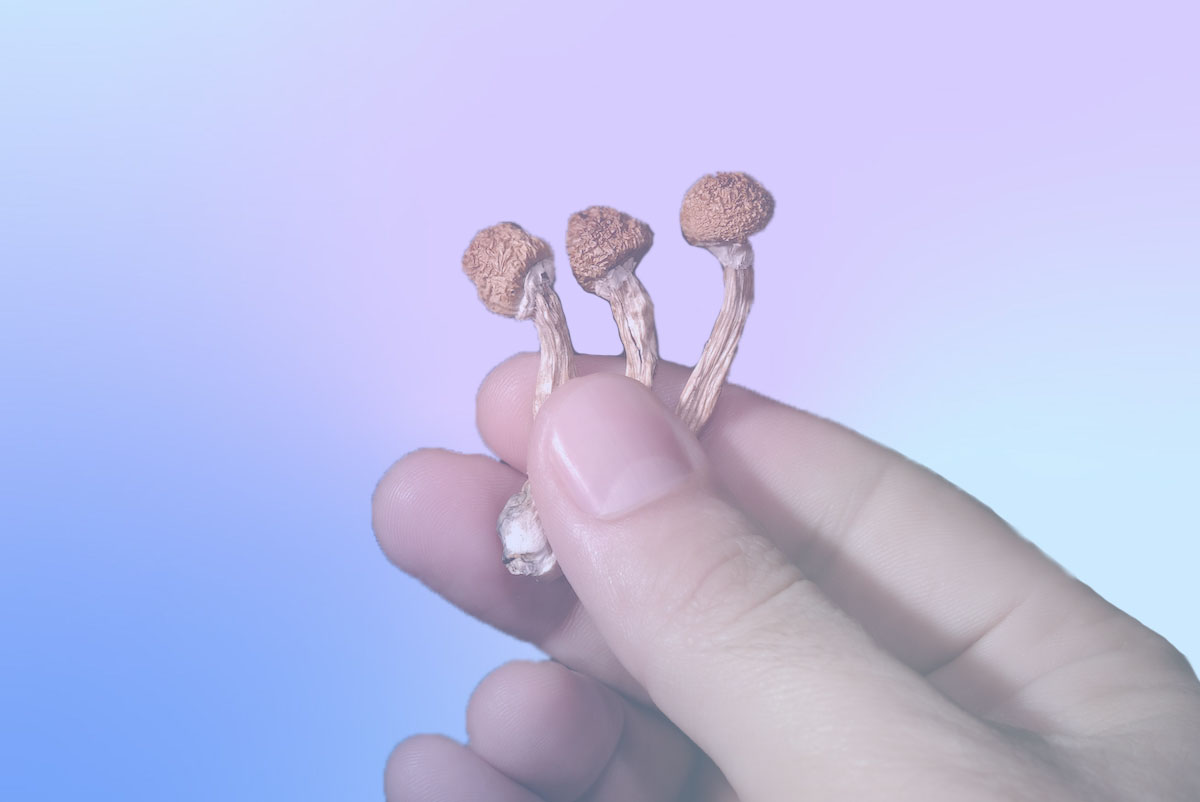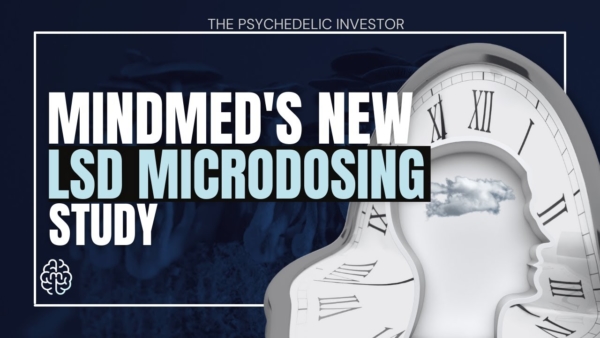
A study published in Nature today provides more evidence that psychedelics could serve as a major tool in the fight against opioid addiction, with psilocybin users, in particular, being up to 34 percent less likely to have opioid use disorder (OUD).
“Psilocybin was the sole classic psychedelic substance associated with lowered odds of past year OUD in a large, nationally-representative sample of the U.S. population,” write study authors Grant Jones, Jocelyn A. Ricard, Joshua Lipson and Matthew K. Nock. “These findings accord with other population-based survey research indicating that classic psychedelics share differing relationships to mental health outcomes in naturalistic contexts.”
In other words, different psychedelics — LSD, ayahuasca, MDMA, mescaline, peyote — may be uniquely suited to treat certain mental health conditions, and this study correlates psilocybin, specifically, to reducing opioid abuse and dependence.
One recent ketamine trial for alcohol use disorder delivered very promising results, as well, and that’s just the tip of the iceberg of potential applications of psychedelics, in general.
This latest psychedelics study drew on 2015-2019 data from The National Survey on Drug Use and Health, an annual survey that examines substance use and health outcomes within a nationally-representative sample of the US citizens. It was modeled after a 2017 study, which was the first to conclude, “Experience with psychedelic drugs is associated with decreased risk of opioid abuse and dependence.”
That study found classic psychedelic use conferred 27 percent reduced risk of past-year opioid dependence and 40 percent reduced risk of past-year opioid abuse, and current study authors felt it was “crucial to examine whether such findings replicate.” Of the 214,505 respondents in this second attempt, those who used psilocybin were found to be 17 to 34 percent less likely to develop symptoms of opioid dependence. Most interesting is that psilocybin — the chemical compound found in “magic mushrooms” — was the only substance associated with lowered odds of OUD. “All other substances examined, including other classic psychedelics (peyote, mescaline, and LSD), shared no association with OUD or were associated with increased odds of OUD,” the study states.
“These results are cross-sectional and correlational and so cannot be used to make causal inferences,” study authors note. “However, this study offers an important contribution to the research literature by demonstrating the replication of [the] original finding that lifetime use of psychedelics conferred lowered odds of opioid dependence and abuse.”
They add, “Furthermore, our findings suggest it is worth investigating the protective effects of psilocybin for all related diagnostic criteria for OUD, including overuse and tolerance, opioid-related emotional distress, and opioid-related social and work problems.”





